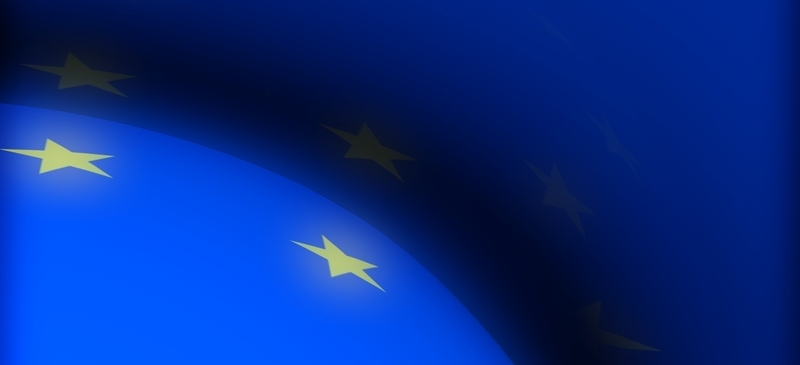
Would Orwell be pro-European?
George Orwell devoted a lot of his writing to how the use of language is intimately connected to the abuse of power by politicians and officials. The final commandment in Animal Farm (“All animals are equal but some animals are more equal than others”) and the “Newspeak” of Nineteen Eighty-Four are among his more nightmarish examples of how political communication can be “designed to make lies sound truthful and murder respectable, and to give an appearance of solidity to pure wind.”
The quote comes from the 1946 essay, Politics and the English Language, still the greatest spin-buster around. In it, Orwell cites six rules for the clear, precise use of language to ensure that it is used “as an instrument for expressing and not for concealing or preventing thought.” Roughly summarised, these are: avoid clichés, use short sentences and words, do not use passive phrasing (where the person or thing at issue is unclear) and replace jargon or scientific terms with normal, everyday language.
So what would Orwell make of the EU, then? The 'constructive ambiguity' of European summit press releases would torture him almost as much as the wooden language used in 'communications' (policy papers) by the European Commission. Short-hand terms for directorates such as DG MOVE and DG COMP would sound startlingly like the Ministry of Love (Miniluv) and the Ministry of Truth (Minitrue) of Nineteen Eighty-Four. And Orwell would dismiss terminology like 'the European project' or 'permanent structured co-operation' – which poor innocents studying European affairs in university accept without question – as empty phraseology that “anaesthetizes a portion of one's brain”. What Orwell means is that such terms make us lazy: we accept them and repeat them without thinking, and without really being sure of their meaning. Yet they are enough to make us ignore inconvenient truths.
Worryingly, the language of the euro crisis is just as strewn with jargon and on the edge of being 'Orwellian'. This is true especially if – given the stakes for Europe's societies and the global economy – what is being concealed here is the cluelessness of EU leaders about how best to escape it. For example, if you are visiting Brussels, or a resident, you might see a poster draped over one side of the European Commission headquarters, featuring a giant euro coin with the strapline: “Towards a stronger European economic governance”.
Pure wind indeed. (Orwell would have at least re-written the slogan to be something more like: 'Making Europe's economy stronger'.) And the word 'governance' in this case is a particularly good instance of Orwellian usage because it is intended to inspire the respect given to 'government' even though what is being referred to is something much weaker. Other euro-crisis jargon like 'internal devaluation', 'European stability mechanism' and 'fiskalpakt' seem equally incommunicative, hiding the true nature of that to which they refer while proffering a sense of comforting authority.
Still, the EU's excruciating use of language would not necessarily make Orwell a raging eurosceptic. He would certainly have disliked the EU for its distrust of national democracy and elitist cosmopolitanism: Orwell disdained other British socialists who were 'too pure' to be patriots. Yet he was in every sense a good 'European': he fought with the International Brigades in the Spanish civil war, wanted to translate Émile Zola (J'accuse!) and hated passports and border controls. In other words, he was ready to accept the complexities of European inter-dependence and think outside of national boundaries when the cause was right.
What would have mattered for Orwell above all was whether the EU is a friend or an enemy of political freedom and social democracy. And the answer to that question is getting more complicated than it once was. One cannot – to take only a single example – look at the stabilising influence of the EU during Central and Eastern Europe's emergence from communism (and since) and condemn the Brussels institutions as anti-democratic. On the other hand, it is equally impossible to say that the ascent of far-right nationalist forces across continental Europe has no connection to the acceptance of monetary union – without much forethought – by Europe's political mainstream in the cause of 'the European project'.
But maybe Orwell is simply the wrong author to use when trying to decode the EU and the eurozone crisis. The sad, contradictory, dilemma-filled, romantic novels of Graham Greene might be a better lens through which to view today's Europe. Or perhaps just watch the Wizard of Oz.
